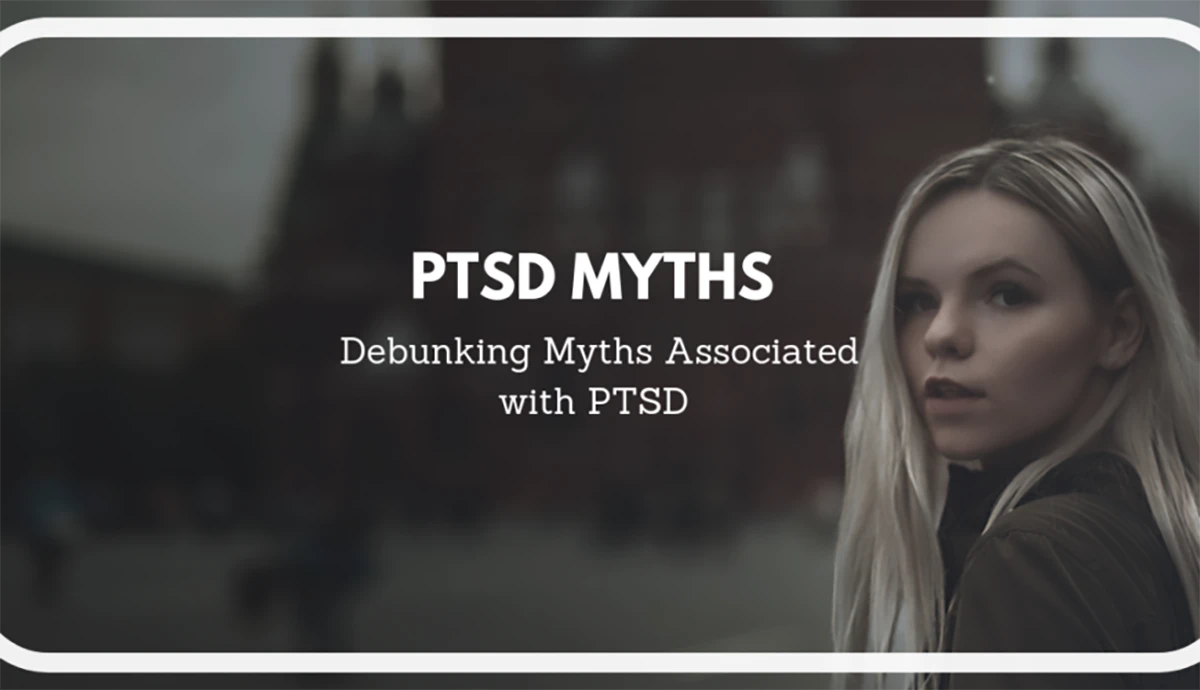Post-traumatic Stress Disorder is a mental health disorder. Many people, unfortunately, believe things about mental health disorders that are not true. Here are some myths about PTSD and the truth about them:
- PTSD is in your head. It does not exist: It does exist. It is a recognized mental health problem that has been studied for many years. PTSD occurs if you have lived through a traumatic event that caused you to fear for your life, see horrible things, or feel helpless. Many other circumstances can result in PTSD and is experienced by over 13 million people in the United States alone. Strong emotions caused by this event can create changes in the brain that can then result in PTSD.
- Only soldiers or people in war zones develop PTSD: Anyone who has seen or experienced a traumatic even can develop PTSD. A traumatic event is a horrible and scary experience where during the event, you may think that your life or others’ lives are in danger. You may feel that you have no control over what is happening. These events can include violent crimes, sexual assaults, childhood neglect or abuse, and natural disasters such as hurricanes or earthquakes. First responders such as police and firefighters can also develop PTSD.
- You should be able to move on after a traumatic event: A myth if we ever heard one! Those who experience a traumatic event and go on to develop PTSD are not expected to recover, however that does not mean they never can. The strong emotions individuals feel during a traumatic event create changes in the brain that result in PTSD and because of this, they may not be able to just “move on”. It is important to remember that PTSD is a medical condition, and people with it deal with the condition as best as they can. This is not to say that those with PTSD can not recover. Medical options and therapies are available for those with PTSD and many are proven approaches.
- PTSD always happens right after the traumatic event: PTSD symptoms can develop at any time after a traumatic event. Your symptoms can start soon after the event, or you may not have them until months or years later. They can also come and go over many years.
- People with PTSD cannot function: PTSD can cause severe symptoms, however, counseling, medicines and support can all help people to adjust. People who have PTSD can have jobs and relationships. They enjoy life and are active members of their communities.
If you or someone you love is living with PTSD, they make qualify for a research study we are currently enrolling participants for. For more information on this study and to see if you or a loved one may qualify, fill out your contact information below and a study representative will reach out to you shortly.

